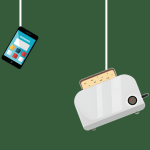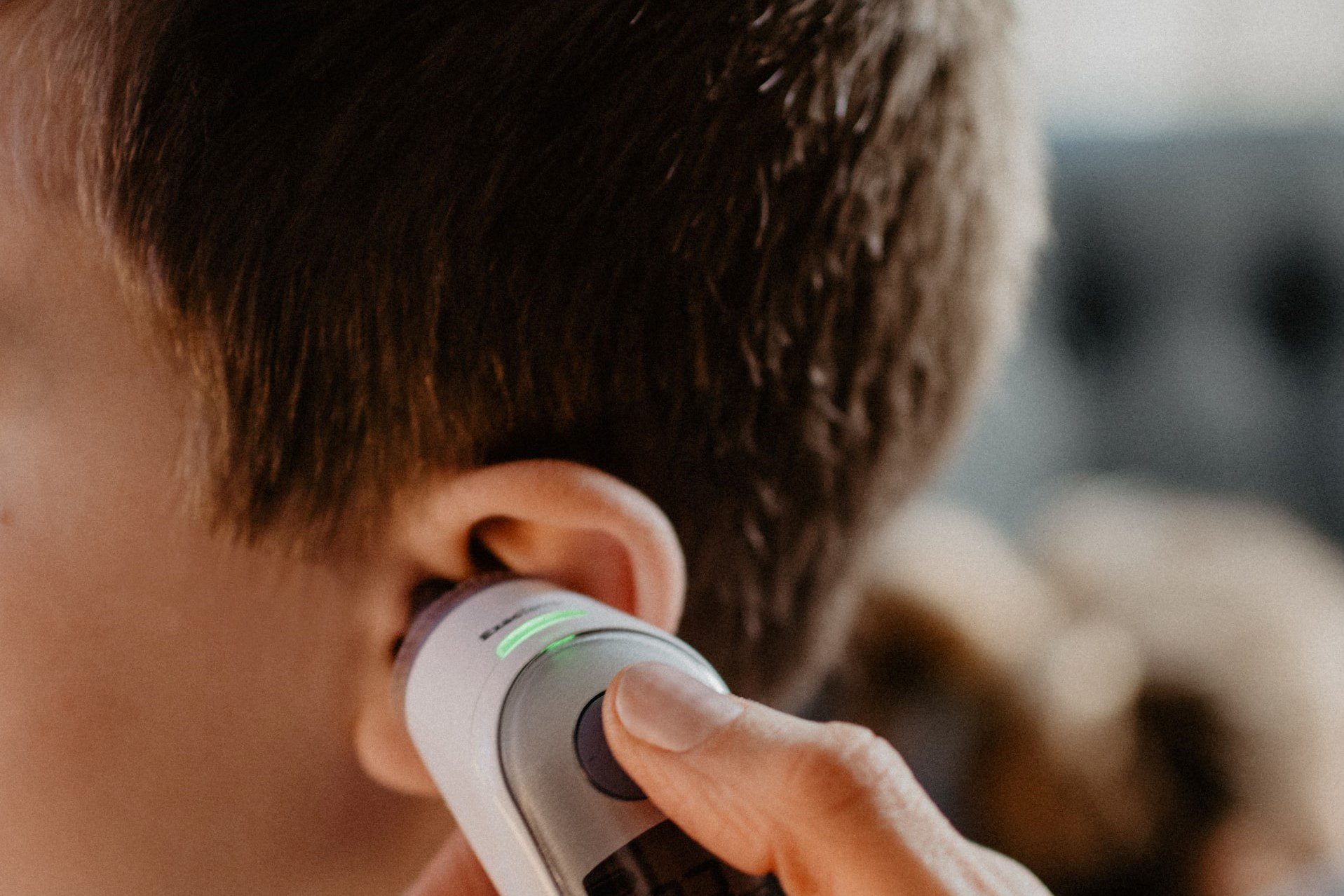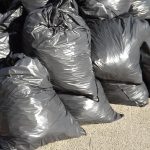High fever | Sore throat | Rash | Severe muscle aches | Redness at the site of a wound
You’ve probably seen the reports in the national media this week about invasive Group A Streptococcal Infection (iGAS) – also known as ‘Strep A.’
There have been several serious cases in the UK involving young children, and parents and schools are being urged to look out for symptoms.
Public Health Wales has issued the following advice:
- Schools should be alert to the possibility of infection in children who become ill with a fever, sore throat or rash.
- Parents of unwell children should seek medical advice for diagnosis and treatment.
- Anyone with scarlet fever should stay away from school for 24 hours after the start of appropriate antibiotic treatment.
- Good hand hygiene and covering your mouth when you cough and sneeze (‘catch it, bin it, kill it’) can help prevent the spread.
Signs and symptoms of scarlet fever
Strep A can sometimes cause scarlet fever.
This is highly infectious and can be caught through direct contact with an infected person or through the air via droplets from coughs or sneezes.
The main symptom of scarlet fever is a widespread, fine pink-red rash that feels like sandpaper to touch.
Other symptoms include a high temperature, flushed face and a red, swollen tongue.
Treatment is straightforward and usually involves a course of penicillin antibiotics.
Complications of scarlet fever and streptococcal infection
Most cases of scarlet fever cause no complications, especially if the condition is properly treated.
However, complications in the early stages can include ear infection, throat abscess, sinusitis, pneumonia and meningitis.
Very rare complications include rheumatic fever, kidney damage, liver damage, bone infection, blood poisoning and toxic shock syndrome which can be life-threatening.
Early signs of invasive disease include:
- High fever.
- Severe muscle aches.
- Local muscle tenderness.
- Redness at the site of a wound.
If you have concerns about invasive disease, then you must seek urgent medical advice.
The advice to parents is:
- Contact your GP, visit 111.wales.nhs.uk, or call NHS 111 Wales.
- Make sure your child takes the full course of any antibiotics prescribed by the doctor.
- Keep your child at home, away from nursery, school or work and follow any guidance provided by your GP on how long they should remain absent from these settings.
- Find up-to-date information and advice on streptococcal A infections at 111.wales.nhs.uk









